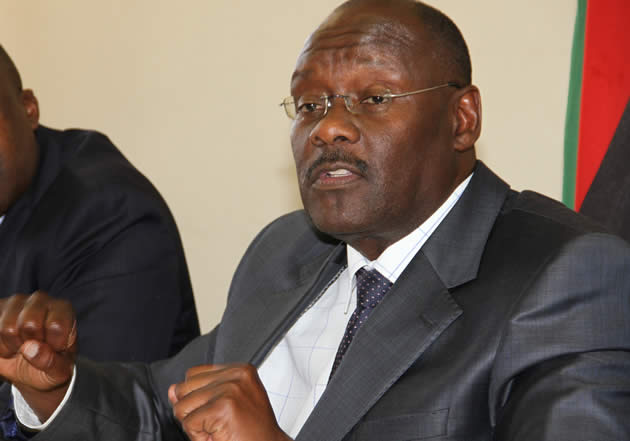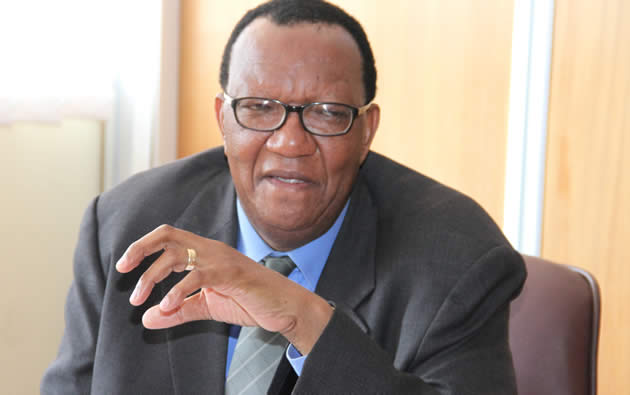![Nick Zemura shooting My Lady in Zimbabwe last year]()
Nick Zemura shooting My Lady in Zimbabwe last year
Our reporter Catherine Murombedzi had a Q & A with Washington based Zimbabwean film maker Nick Zemura whose fictional movie ‘My Lady’ is set to premiere at Ster Kinekor on April 24
Who is Nick Zemura?
My name is Nick Zemura, I am a film maker. I started writing and performing while I was a student in Murehwa, at GumbanjeraPrimary School, and I continued all the way through college. I always wanted to work in this industry, and I think in the 90s I went to meet everyone who had anything to do with film, TV theatre or performance of any sort. At that time, I think the industry was so closed that it was impossible to break in. I later worked with Murehwa theatre works for a while, but my dream was not realized until I went away to school. It was difficult to explain to family members that this business was what I liked to do, although they were very supportive of my art, there was that voice of reason that said you must have plan A. So acting, writing, filmmaking, all forms of art became plan B.
Why film production in particular?
I am one who believes that if you fail to plan, you plan to fail, so the cautious part of my mind made me go to school, become a teacher, go to college, but at the back of my mind I felt like I was in the wrong world. So when I was teaching in Washington DC in 2008, I left it all behind and started working in art full time. I wanted to do something that I enjoyed, and I worked on movie sets, at one time, I had jobs in New York and Washington DC, which is over 350km away, and I drove every Friday to just be working. The crazy thing was my New York job was not paying me for the first six months. But I loved it even though I had to sleep in the car. I learned a lot. It is a tough, but fun and fulfilling business; and here we are, on the verge of premiering a movie, in a theater, in Harare, in Zimbabwe.
Why a fictional feature and not comedy or action packed?
I do a lot of television and movies. Some of my work is seen on DSTV. When my brother Mike, and I decided to come home and do a project we figured we could do a TV show or a movie, but the problem with TV is you need an outlet, and having experienced what I went through with ZBC back in the day, I could not imagine that I wanted my fate be in the hands. Believe me, I respect our national broadcasting station, but their philosophy for a great while has been far removed from the rest of the nation. I find that more people watch DVDs, DSTV or international content. So the TV route was not a viable option. Another thing is I wanted to do a project that has a beginning and an end, TV series tend to have a life of their own, so a movie was more fitting.
The subject matter for this movie is something that I care deeply about, I did not want to pigeonhole the content into one segment, to say it is an AIDS movie, or a love story, or a cheating drama, but I wanted it to be a human story, something that each and everyone of us could watch and see something that they can identify, whether in their own lives, or in their own community. So, in a nutshell, My Lady is a story about human relationships and what motivates us to relate with those around us. And I think we made it entertaining, with several scene stealing performers who just did an amazing job.
The name Mirazvo, deep Shona explain
Mirazvo is the name of our production company. My younger brother and I started it, him in Canada, and I in the USA. We are a Zimbabwean company at best, (we are registered with Zimra and all, lol) I came up with the name Mirazvo because of several reasons, since I was a young boy I marvelled at the streaking rays of sun light, especially in the late afternoon. I guess it was a signal of the end of a hard day’s work in the fields. I also noticed that the same streaking light was the technology that film projectors used to show images on the silver screen. One could say the same is true on how a camera captures images, so Mirazvo, is very central to what we do, the streaking of light, overcoming darkness, and the beauty it leaves behind. You will notice several uses of Mirazvo (light streaks) in the movie as well, and it makes for cinematic beauty.
What is the story line?
The story line is about the relationships, as I mentioned. Muteri is a young business man who is struggling to keep his head above water. Ruva is a student trying to see herself graduate, and Shami a lady (if you want to call as such) who is trying to find her place and settle. The interconnectedness of their lives, makes for this drama, their choices and decisions, and more important their perceptions of what they are doing. A lot in this movie can qualify for a Rogerian argument, because we seek to ask, what is the right and wrong way to live your life, or there are mitigating circumstances that make us act the way we do? I am more fascinated with how the words I wrote on paper, alone, came to life, and to see people who are talented taking them and giving them a new life was a great pleasure. We touch aspects of life common to many, poverty, HIV-AIDS, girl child issues, gender equality and youth empowerment.
When is My Lady showing?
We are going to be showing the movie at Ster Kinekor, Eastgate on April 24th, 2014. This is our world premiere. We are hoping to share an experience with those we worked with, those who support arts, those who aspire to come into the arts and those who enjoy the arts. It will be an evening of fun, pageantry, pomp and circumstance. We are trying to do it right, and hopefully with the support and co-operation of the community, we will have an unforgettable day. So we will start arriving from 5:30pm and the movie will show in all theaters at 6:45pm.
Tell us of the cast line?
The cast is wholly Zimbabwean, from all walks of life. I am very happy and proud of the work we did, and to work with fellow Zimbabweans, both novices like Fortue Perezu, Jackie Leocadia Kavhayi, Anastasia Mushaninga and the incomparable Mr Masimba Rurevo, who had such love and commitment that they made the time so worthwhile. And to have such heavyweights like Mr Elijah Madzikatire, Sphili Kaikeni, Anthony Tongani, Gamu Duve, Moses Kawara and Charles Mucheriwa, just gave me the validation that I was doing the right thing. We had the likes of entertainers like Kessia, who were just awesome in their support, giving us their time. It was a great honour, and I am sure we will be doing a whole lot of stuff in the coming days.
Why end in suspense?
Well, we have to leave somethings for those who will come and watch the film. We want to contribute and build where others are working, and hopefully Zimbabwean arts will become an industry, like other countries, where someone can be gainfully employed and be able to live a life of dignity.
Words of advise
I like to close with this, especially to young Zimbabweans, there is a need for innovative thinking, sacrifice, perseverance and a need for co-operation. I see that there is a spirit of competition, which is healthy, but sometimes it is a competition at the peril of the race. We do not have an industry right now, because I think we lack the economic element in what we are doing. The art is there, but no one working is making a decent living, the heads of TV stations make all the money, the artist goes unpaid, the fraudsters are making illegal copies of copyrighted intellectual property, and still the artist is going hungry, so we need to make a concerted effort, to first have an industrial structure, an economic element, and we can compete in a healthy way. There are many subjects to be covered, many stories to be told, I have over 20 scripts that can go into production tomorrow, that will create jobs for the young and old, that can entertain and educate with equal measure, but I still have to remember that Plan A.












